In the world of physical health, a “fitness” plan or mindset isn’t easily quantifiable.
There are markers that a doctor might use to measure fitness, and they may include BMI charts or self reports about activity levels. Stress tests can determine certain limitations, and you can measure oxygen capacity.
If you’re in the military, there’s a very distinct standard to measure your fitness; run a mile in a certain time and perform various exercises in a particular number.
But what about the average individual? What if you’re a middle aged accountant who isn’t trying to become a Navy SEAL, or a stay-at-home mom that just wants to feel stronger tomorrow than you do today?
Even if the measure of individual fitness isn’t able to be captured with a simplified rubric, you can certainly set goals and work towards them.
And that may be an important facet to add to the definition of “fitness” itself; setting goals and achieving them. Not simply a state of being able to do a particular number of reps, but the mindset of continual challenge and achievement.
You can achieve a certain state of fitness and simply hold it. Run five miles every day. Do the same weight lifting routine for years. And as long as your standard of fitness stays exactly the same, you’ll remain fit. (Until the natural progression of aging makes it a little harder for you.)
But there’s a typical progression with those seeking “fitness”...they set new goals. They try new things. They offer their body and their mind new challenges.
Arnold Schwarzenegger (who knows a thing or two about physical fitness), said “The meaning of life is not simply to exist, to survive, but to move ahead, to go up. To achieve. To conquer.”
If it fits as a good meaning of life, it’s probably also very applicable to a definition of fitness.
Moving up. Ahead. Achieving. Conquering.


